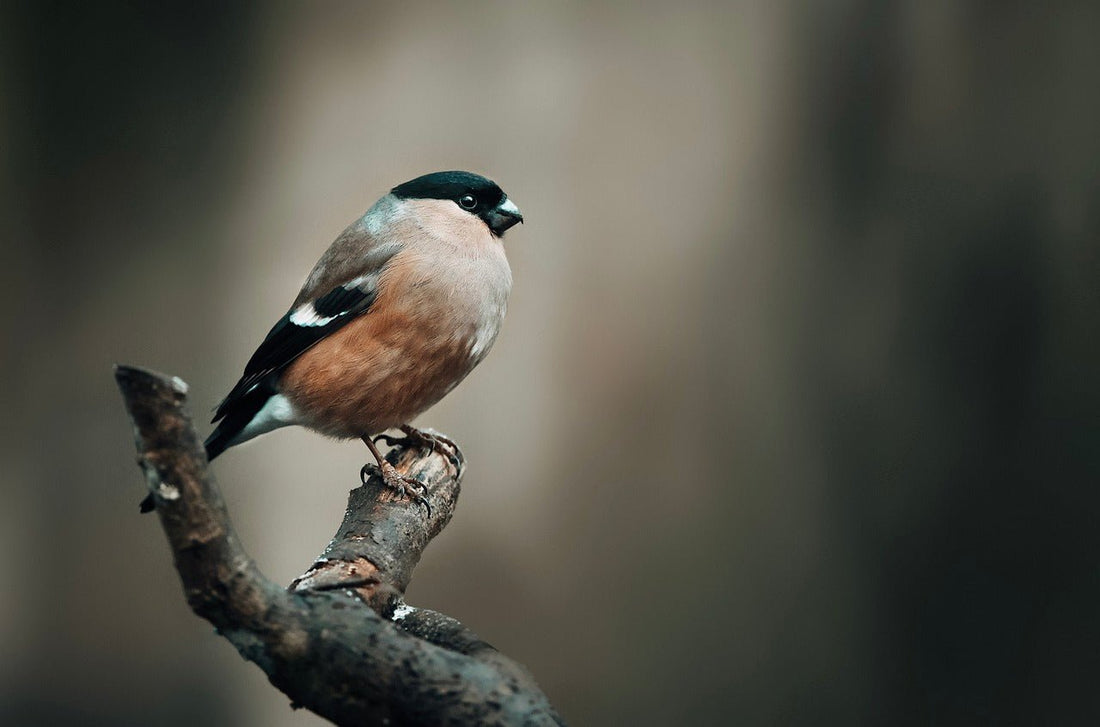
Feeding Garden Birds: November Insights
Share
As November settles in, the days grow shorter and the temperatures drop, making it a crucial time to support our garden birds. Providing food not only helps them survive the chilly months but also allows you to enjoy the lively spectacle of winter wildlife right outside your window.

What to Feed:
1. Sunflower Seeds: A favourite among many species, sunflower seeds are rich in oil and provide essential energy. Black oil sunflower seeds are particularly popular, attracting birds like great tits and finches.
2. Peanuts: Offer unsalted peanuts, either whole or in peanut feeders. These are especially loved by nuthatches and woodpeckers. Be sure to use mesh feeders to prevent smaller birds from choking.
3. Suet Cakes: High in fat, suet is an excellent winter food. You can find commercial suet cakes or make your own by mixing suet with seeds and dried fruits. Robins and blue tits are often drawn to these high-energy treats.
4. Niger Seed: This tiny seed is a hit with finches, especially goldfinches and siskins. A special Niger Seed Feeder with small holes will keep these little seeds contained and attract the birds.
5. Mealworms: Dried mealworms are a great protein source, appealing to a variety of birds, including robins and wrens. They can be sprinkled on bird tables or offered in a dish.
Birds You May See:
In November, your garden could welcome a delightful mix of species. Common visitors include blue tits, great tits, robins, and house sparrows. You might also spot winter migrants like fieldfares and redwings, which often forage in gardens.

By feeding birds in November, you’re not only supporting their survival but also creating a vibrant ecosystem right outside your door. So, stock up on bird food, hang your feeders, and enjoy the show!
Written by Angela.
